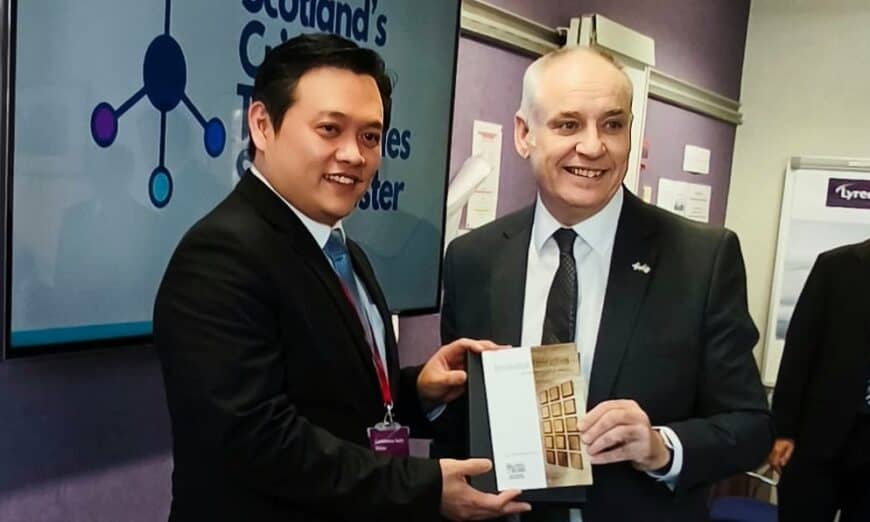AS an inventor, Cheah Bok Eng, 43, has always admired the groundbreaking work of fellow innovators.
The year 2024 has been particularly eventful for Cheah, offering him numerous opportunities for growth and learning – opportunities he embraced wholeheartedly.
One of the standout moments of his professional journey was a fully funded trip to the United Kingdom and Scotland. This visit was part of a bilateral initiative designed to strengthen ties between the UK and Malaysia in the semiconductor industry.
Recognised as Malaysia’s most prolific inventor with more than 200 patents granted worldwide, Cheah was among a distinguished Malaysian delegation that participated in the UK/Scotland Inward Visit, facilitated by the British High Commission Kuala Lumpur.
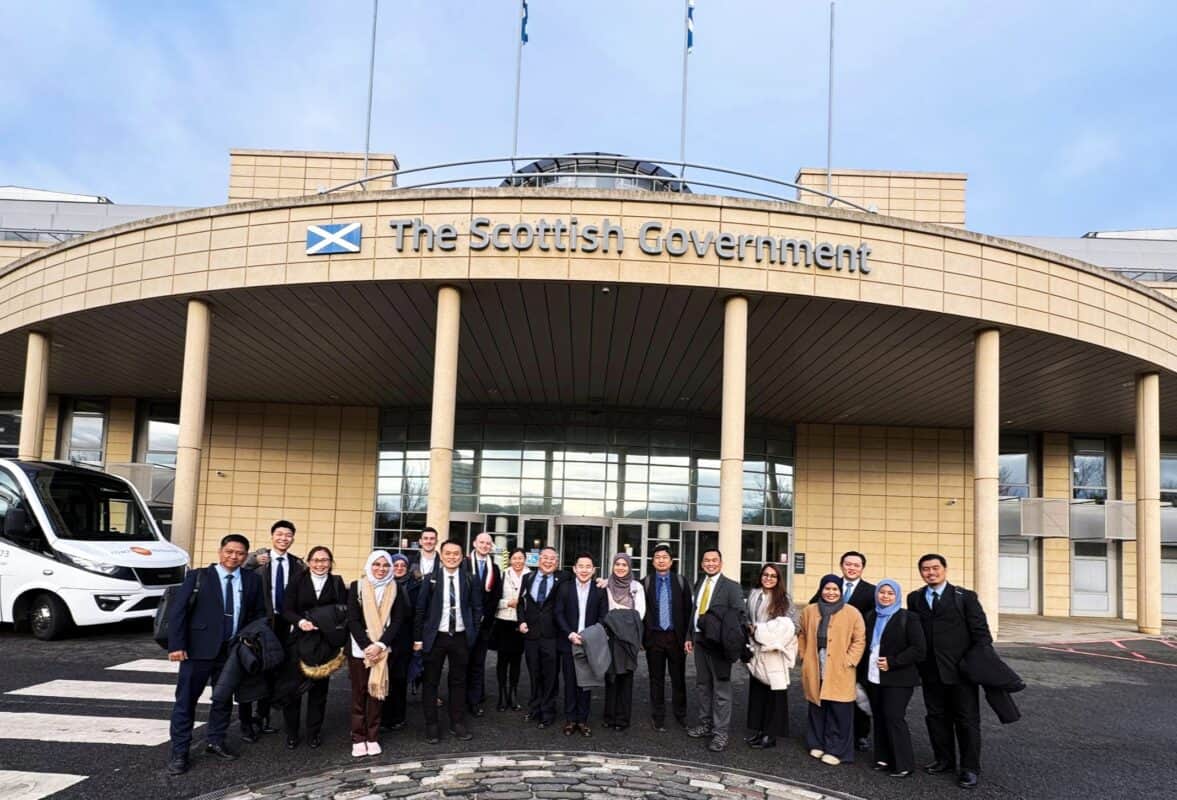
The delegation consisted of policymakers, financiers, innovators, and industry representatives from organisations such as the Malaysia Semiconductor Industry Association (MSIA), the Ministry of Investment, Trade and Industry (MITI), the Ministry of Science, Technology, and Innovation (MOSTI), Bank Negara Malaysia, Sarawak Research Development Corporation (SRDC), Selangor Information Technology & Digital Economy Corporation (SIDEC), InvestPenang, and the National Applied Research and Development Centre (MIMOS).
Over five intensive days in late November, the group visited three cities – Durham, Edinburgh, and Glasgow – along with four prestigious universities: the University of Glasgow, University of Strathclyde, Heriot-Watt University, and the University of Edinburgh.
They also engaged with prominent industries and organisations, including the Centre for Process Innovation (CPI), North East Institute of Technology, TechWorks, Technology Scotland, Silicon Catalyst, National Manufacturing Institute Scotland (NMIS), Innovate UK, and SemiWise.
“The trip was incredibly productive and enriching,” Cheah said during a recent interview with Buletin Mutiara. “I gained invaluable insights through discussions and knowledge exchanges with distinguished innovation communities in the UK and Scotland.”
“I was deeply impressed by the programme line-up led by Adelene Teo, an economic advisor of the British High Commission (KL), with two highly agile co-hosts, Pamela Victor and Izzah Azhar.”
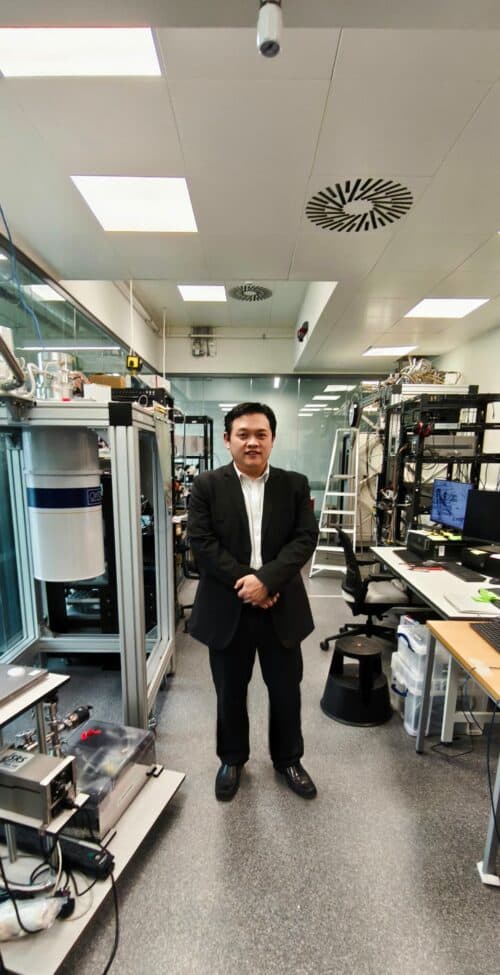
One of the most inspiring moments for Cheah was his visit to the University of Edinburgh, the alma mater of Alexander Graham Bell, the inventor of the telephone and founder of Bell Labs and AT&T.
Cheah was struck by the rich history and global reputation of these universities, many of which were established over 400 or 500 years ago.
“They have a strong legacy and are ranked among the world’s top 100 universities. These institutions boast well-structured systems for managing patents and are backed by robust funding.
“For instance, the University of Edinburgh has its own enterprise to support inventors. The ecosystem actively encourages alumni to return with fresh ideas, fostering innovation through structured support for start-ups. It’s part of their DNA. It is not like once you graduated, you are already detached,” Cheah observed.
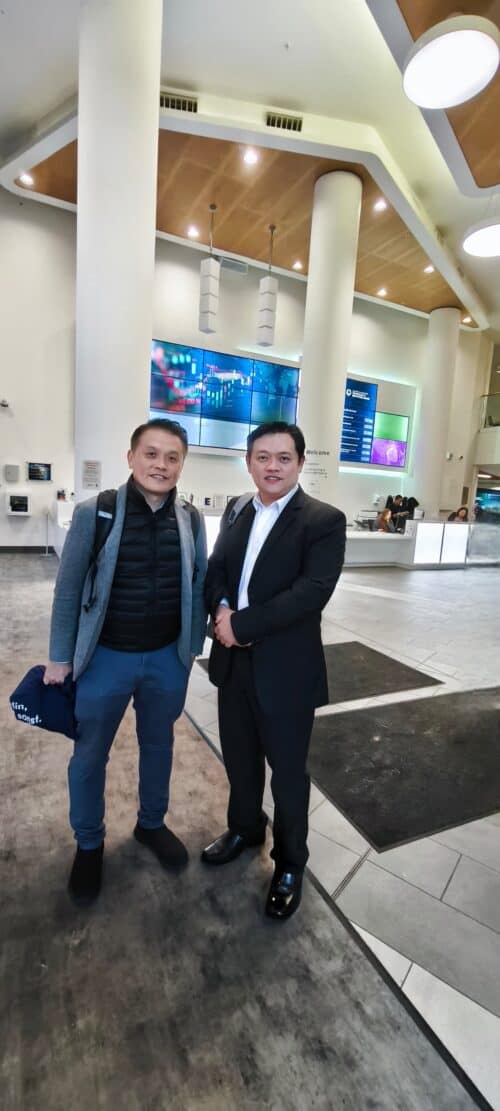
Cheah was equally impressed with a programme at Heriot-Watt University designed to assist entrepreneurs. “It’s a nine-to-12-month initiative that guides participants from idea conception through the entire start-up process,” he explained.
Reflecting on his experiences, Cheah highlighted the profound economic impact of innovation.
“Investing in innovation is crucial because inventions drive economies. When factories are built, jobs are generated, and livelihoods improve. That’s why modern nations prioritise innovation – it sustains and propels their economies forward.
“It’s not just about how many patents you hold or the number of awards you win. Don’t get me wrong; these achievements are good and important. But the end goal is to leverage innovation to drive the economy forward,” Cheah said.
He also noted how Glasgow celebrates innovation with great enthusiasm, dedicating an entire week in May to the Glasgow Tech Week. The event offers businesses and professionals a unique platform to explore the latest trends in technology, innovation, and creativity.
“During this period, entrepreneurs and innovators from across Scotland’s largest city and economic powerhouse will gather to delve into discussions on how to grow the innovative ecosystem to support jobs and economic growth,” he added.
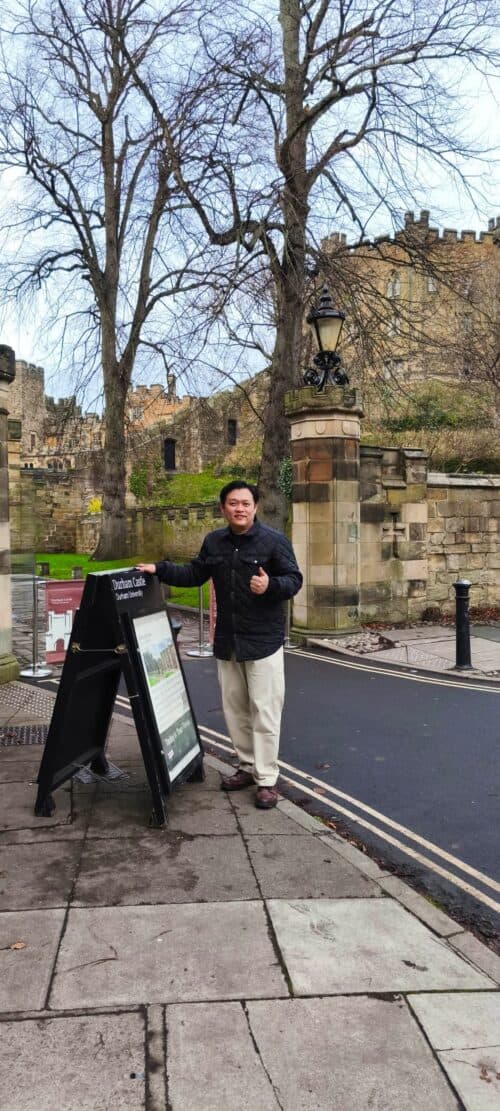
At the Glasgow City Innovation District, Cheah observed an inspiring tribute to inventors – a multi-storey building adorned with portraits of inventors.
“They’ve left plenty of space reserved for future innovators. It’s a powerful gesture to honour past contributions while inspiring the next generation to innovate,” Cheah said.
He further remarked on Scotland’s pride in its history of innovation, particularly the achievements of John Logie Baird, who made history in 1927 by successfully transmitting the world’s first long-distance television pictures from London to the Central Hotel (also the last stopover of the Malaysian delegation) at Glasgow Central Station.
“It is quite common to see plaques commemorating historical achievements – this person invented this here, or that renowned inventor lived nearby. Imagine living in such an environment; it naturally inspires you to strive for greatness. I like to understand the history so that it can help us to move forward,” Cheah reflected.
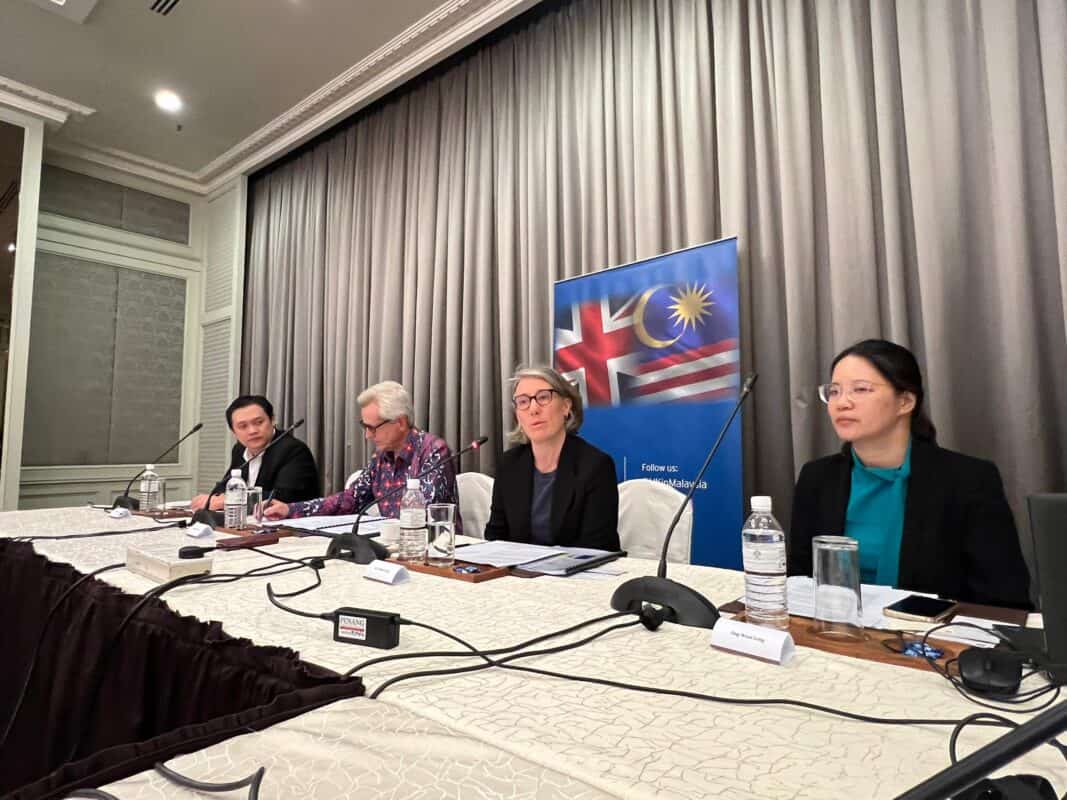
During his visit, Cheah had the privilege of presenting his maiden book, Innovation Unleashed: A 10-Day Journey with an Inventor, to Scottish Minister for Business, Richard Lochhead, as well as to the four universities he visited.
“After presenting my book to the University of Strathclyde, it was added to their library (Strathclyde Inspire) and broadcasted to their community within 24 hours. The team’s enthusiasm and eagerness to learn were truly remarkable,” Cheah said with a smile.
Before his trip to the UK and Scotland, Cheah was invited by the Sarawak Research and Development Corporation (SRDC) to be a panellist in a prestigious symposium.
During his first visit to the Land of the Hornbills, Cheah connected with professionals from the medical research community, exchanging ideas on innovation. He also donated 50 copies of his book to Pustaka for distribution to public libraries across Sarawak.
Earlier this month, Cheah played a pivotal role as the organising chairman of the Malaysia Inventor and Innovator Convention (MyIIC) 2024, held at Universiti Sains Malaysia. This industry-tier convention, hosted for the first time in Malaysia, was a rewarding accomplishment for Cheah and his team, benefiting about 300 undergraduates and professionals.
When asked what advice he would give to the younger generation, Cheah emphasised the importance of cultivating a growth mindset.
“Continue investing in the area you excel at. It’s okay if your work goes unrecognised or undervalued by others. Stay persistent. The opportunities will eventually open up, and you’ll make a meaningful impact,” he said.
Despite his busy schedule of writing a book, organising a major convention, teaching, and fulfilling his role as a technologist as well as an engineering manager, Cheah is grateful for the support of his wife, Ooi Kooi Chi, who is also an engineering manager at a multinational company.
Cheah also dedicates time to guiding their two daughters – Theophila, 16, and Theophanie, 11 -with their studies and growing journey.
As the New Year approaches, Cheah reflects with gratitude on the opportunities he has had to serve and inspire others.
Story by K.H. Ong
Pix courtesy of Cheah Bok Eng

